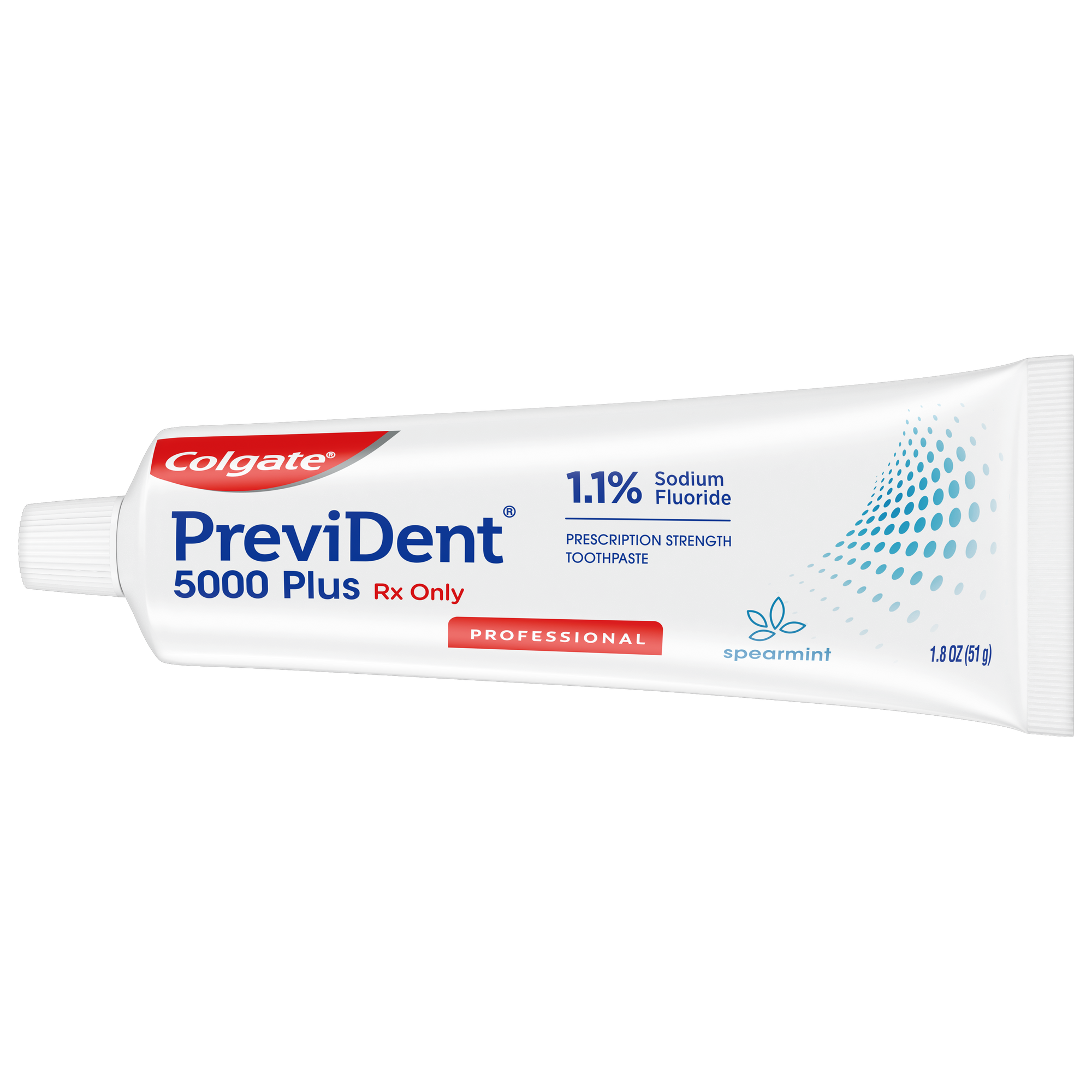Orbital vs. Preseptal Cellulitis
Cellulitis is a type of skin infection, and there are different subcategories that describe the part of the body that's affected. According to Merck Manuals, cellulitis classified as "orbital" is an infection that begins deep in the orbital septum — which is the thin membrane between the eyelids and the bony eye socket. Preseptal cellulitis is an infection of the eyelid and surrounding skin. Both are more frequently seen in children. While preseptal is more common, orbital may be more serious.
Causes and Dental Origin
The American Academy of Ophthalmology (AAO) reports that more than 90% of orbital cellulitis cases in young adults and children are due to an underlying bacterial sinus disease, especially involving the ethmoid sinuses. These infections can also be caused by trauma that has damaged the orbital septum area or by infected adjacent areas.
This eye infection can also have a dental origin. Dental infections, including severely decayed teeth or an abscessed tooth, can sometimes spread to the orbital area, explains the AAO. Recent dental treatment may also contribute to the development of this condition.
Symptoms and Complications
Both orbital and preseptal cellulitis may cause fever and discoloration of the eyelid, according to Merck Manuals. Swelling can also occur, which may make opening the eyelid difficult. Serious cases of orbital cellulitis usually involve pain whenever moving the eye, along with decreased ability to move the eye and, sometimes, vision problems.
If the infection originated from the sinuses, the patient may have nasal discharge. If the infection has a dental origin, the patient may have gum pain or gum swelling. However, in the earlier infection stages, these symptoms may be more subtle or absent. Because orbital cellulitis can result in serious complications, such as meningitis and vision loss, anyone with symptoms of cellulitis should seek medical attention immediately.
Diagnosis and Treatment
If your doctor suspects cellulitis in your orbital septum, they may refer you to an ophthalmologist, who specializes in diseases of the eye. This infection can progress rapidly, so the common procedure is to admit patients to the hospital for frequent monitoring, as the National Institutes of Health (NIH) explains.
Doctors will typically perform blood tests and, if a child is very sick, possibly a spinal tap. X-rays of the sinus areas are helpful for diagnosis, as are CT scans and MRIs of the sinuses and eye area. Using a sterile cotton swab, a medical professional may also gather a sample of cells and fluids from the eyes, nasal passage and the throat for examination. This can help to pinpoint the source of the primary infection and guide your doctor in prescribing the appropriate antibiotics.
Doctors usually treat hospitalized patients with antibiotics administered through a vein, as the NIH notes. In some cases, surgery may be needed to drain an abscess or relieve pressure in the eye area.
Importance of Oral Care
Preventing oral infections, such as gum disease and severe tooth decay, may help lessen your chances of having to deal with orbital cellulitis. Keep up with the following oral hygiene tips to ensure your mouth stays as healthy as possible:
- Brush twice a day with a fluoride toothpaste.
- Floss daily.
- Replace your toothbrush regularly.
- Schedule regular dental cleanings and checkups.
- Call your dentist if you have tooth pain, bleeding gums or any other symptoms of an oral infection.
The good news is, you can recover fully from orbital cellulitis with prompt treatment. Be sure to maintain a good oral care routine, and see you doctor if you have a sinus infection that's not getting better. In addition, if you do experience any of the symptoms of orbital or preseptal cellulitis, visit a medical professional as soon as possible.
This article is intended to promote understanding of and knowledge about general oral health topics. It is not intended to be a substitute for professional advice, diagnosis or treatment. Always seek the advice of your dentist or other qualified healthcare provider with any questions you may have regarding a medical condition or treatment.
ORAL HEALTH QUIZ
What's behind your smile?
Take our Oral Health assessment to get the most from your oral care routine
ORAL HEALTH QUIZ
What's behind your smile?
Take our Oral Health assessment to get the most from your oral care routine















